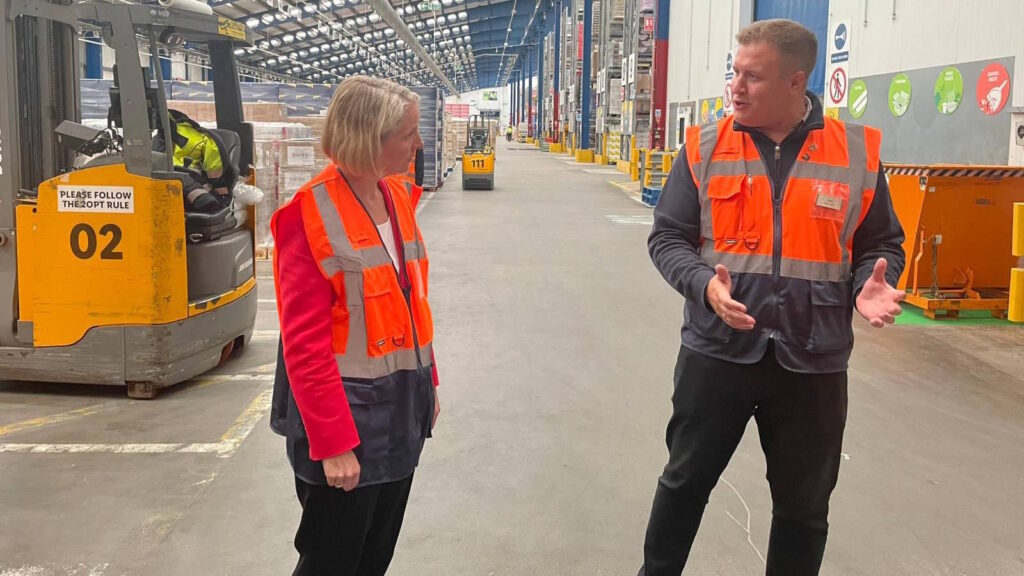I met with senior representatives from Lidl GB in Runcorn in my capacity as Economic Secretary to the Treasury. This followed Nick Thomas-Symonds’ speech this morning in which he outlined the Government’s priorities for the UK-EU relationship and highlighted the progress that has been made in recent talks.
On 19 May, the UK Government hosted the first UK-EU Summit in London, marking a significant step forward in strengthening the future partnership between the United Kingdom and the European Union. A major outcome of the summit was the agreement of a new trade package, including Labour’s landmark Food Deal, aimed at slashing costs and reducing red tape for British food producers and retailers.
As part of the new partnership, the UK will establish a Sanitary and Phytosanitary (SPS) Agreement with the EU—an important step that will make agri-food trade with Britain’s largest market cheaper and more efficient. This agreement will simplify cross-border processes, eliminate many checks at borders, and bolster the resilience of supply chains.
What this means
Working in partnership with business to kickstart economic growth and put money in people’s pockets is exactly what our Plan for Change is about. Our trade deal with the EU will deliver for families and businesses across the UK with lower food import costs and reduced red tape, while Lidl GB’s investment shows that international companies are backing Britain and our mission to drive growth across every region.
For local communities, including in places like Wycombe, this means more stable supply chains, lower prices at the tills, and greater choice for shoppers. Many local businesses have told me about the high costs and administrative burden they face when exporting to or importing from the European Union. This is due to the botched Brexit deal that we inherited from the previous Conservative government.
Our government is taking decisive action to cut red tape and the cost of trade with the EU for these businesses. Kemi Badenoch and Nigel Farage say they will roll back on our EU deal. A decision that would be bad for both businesses and consumers.

